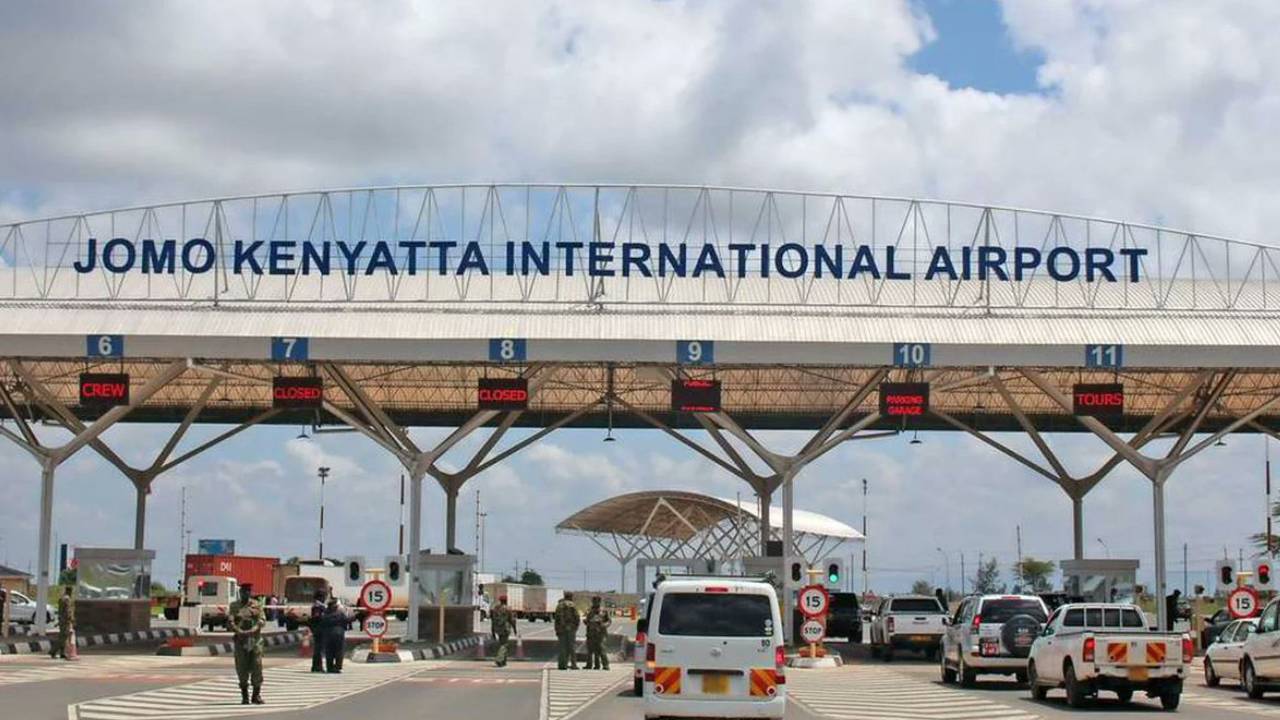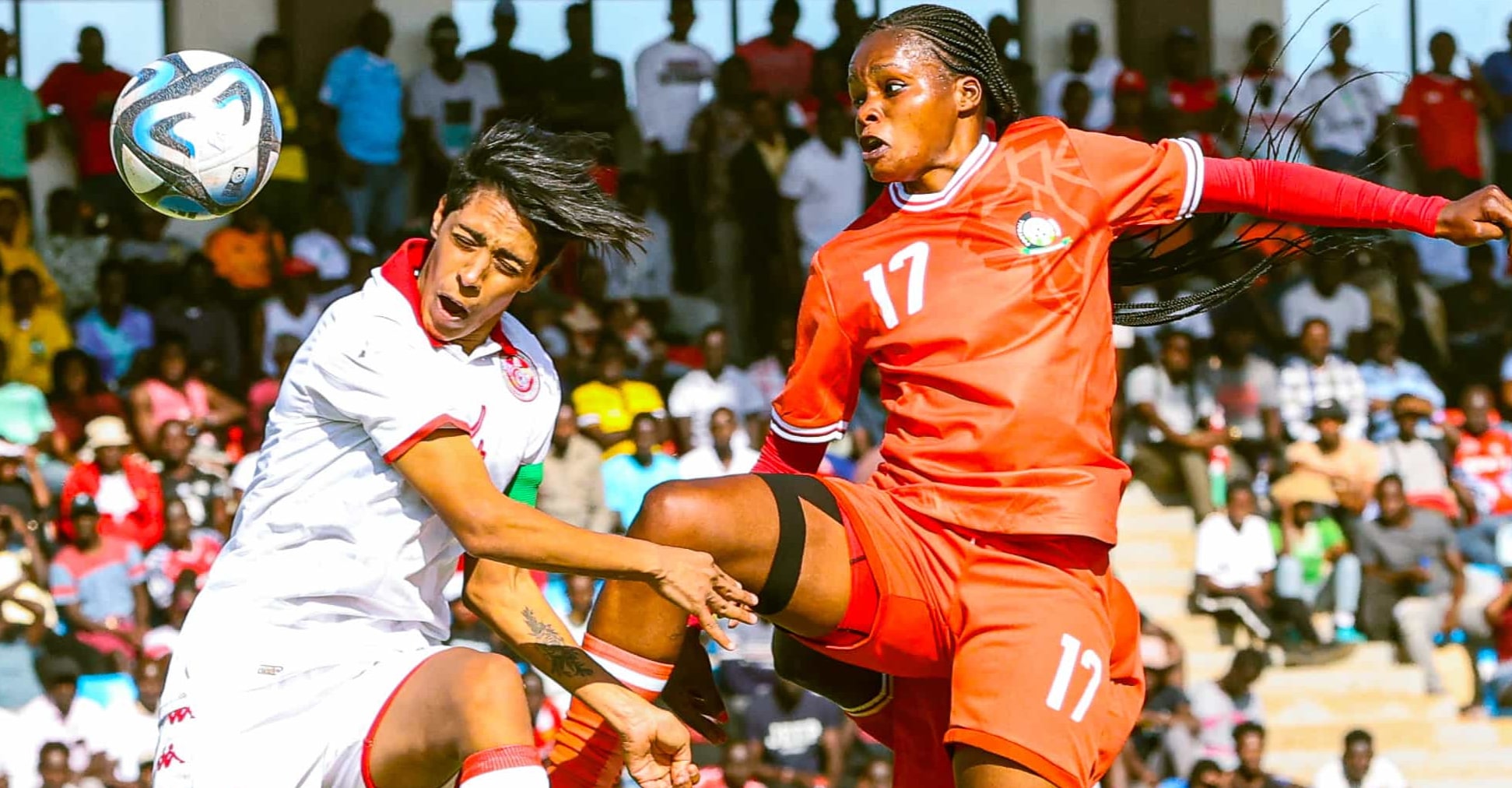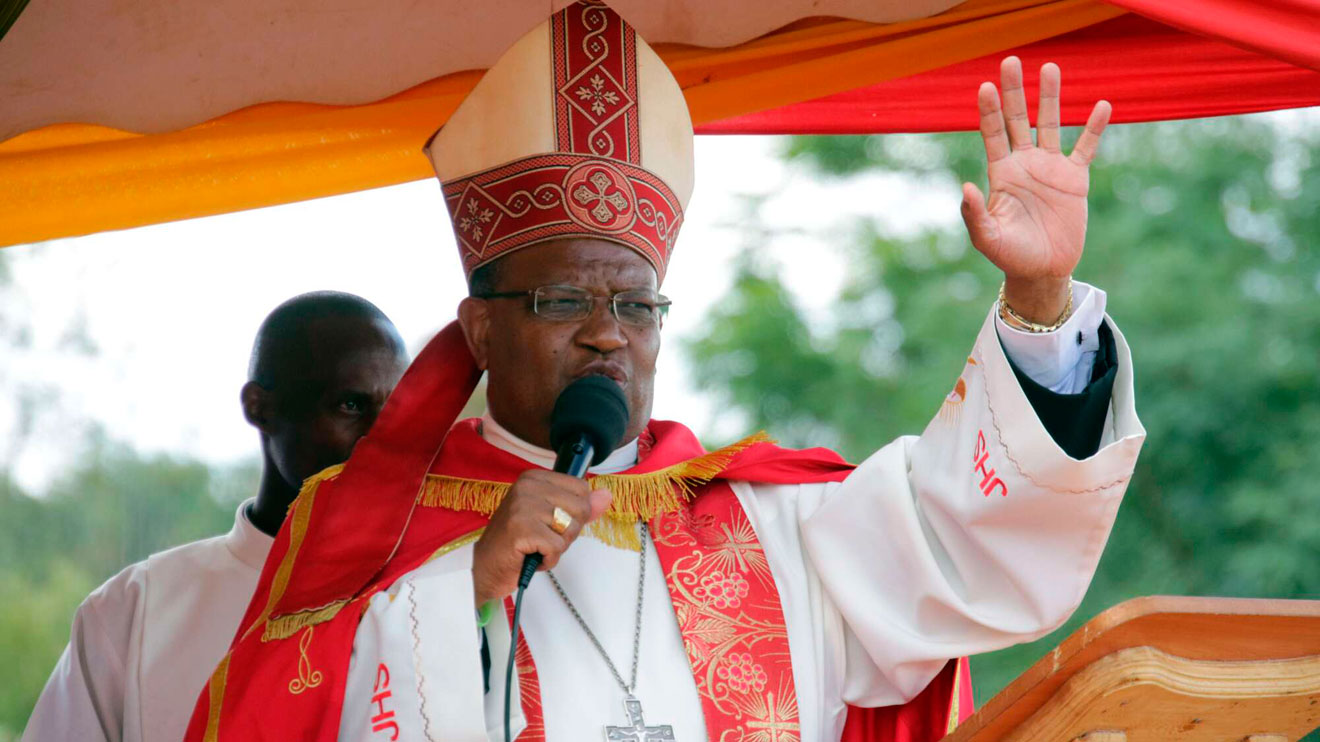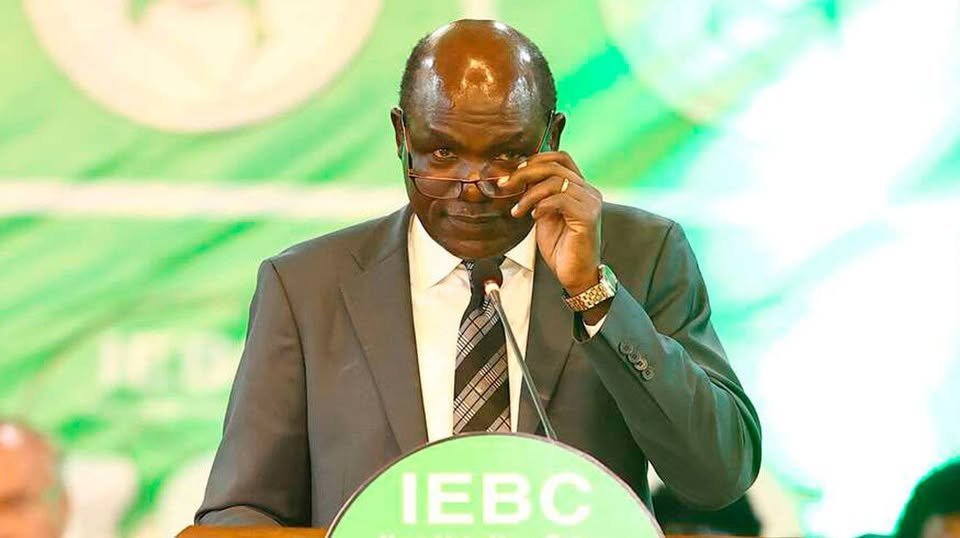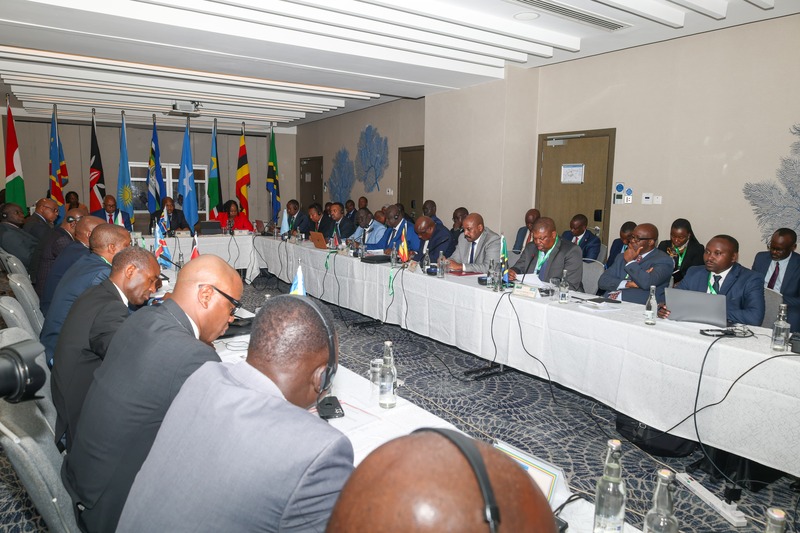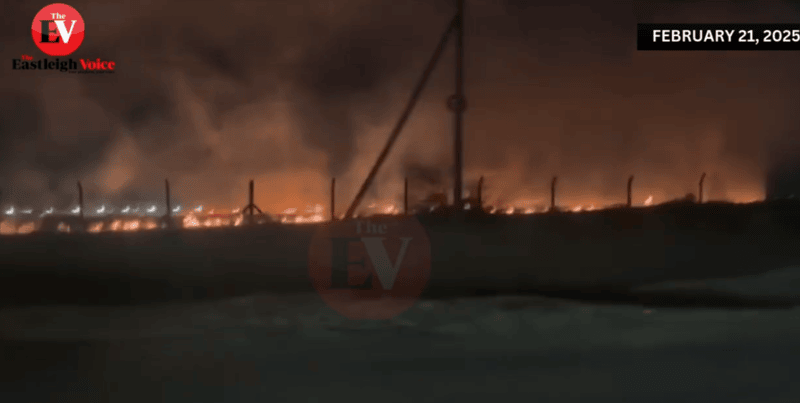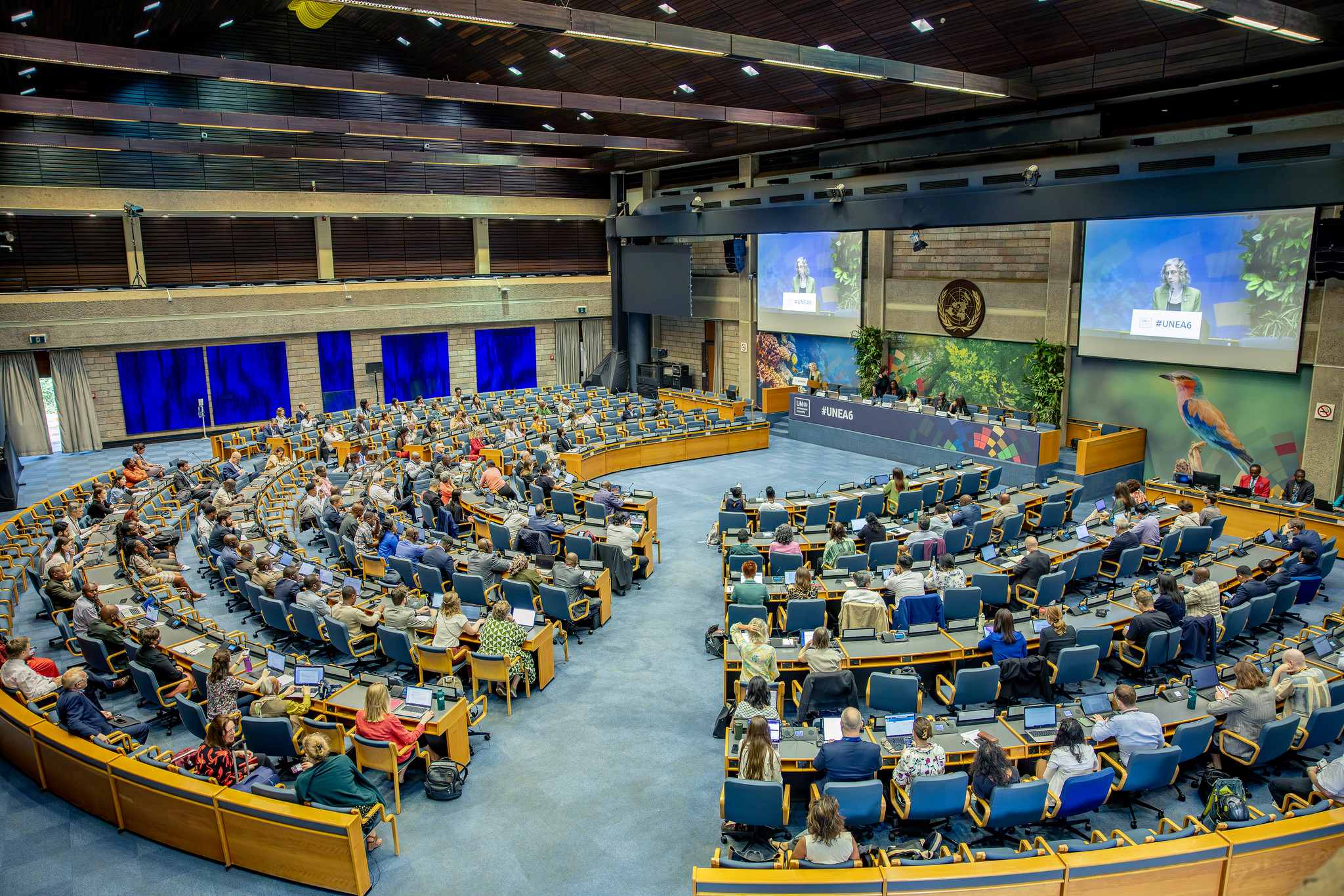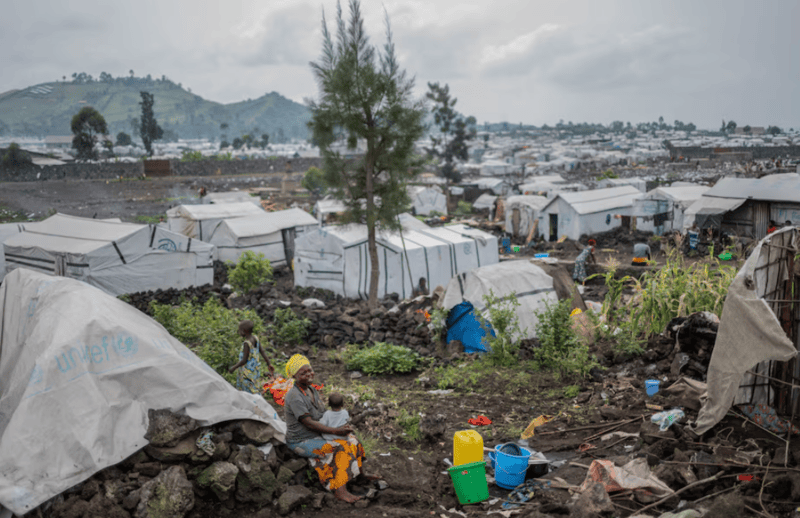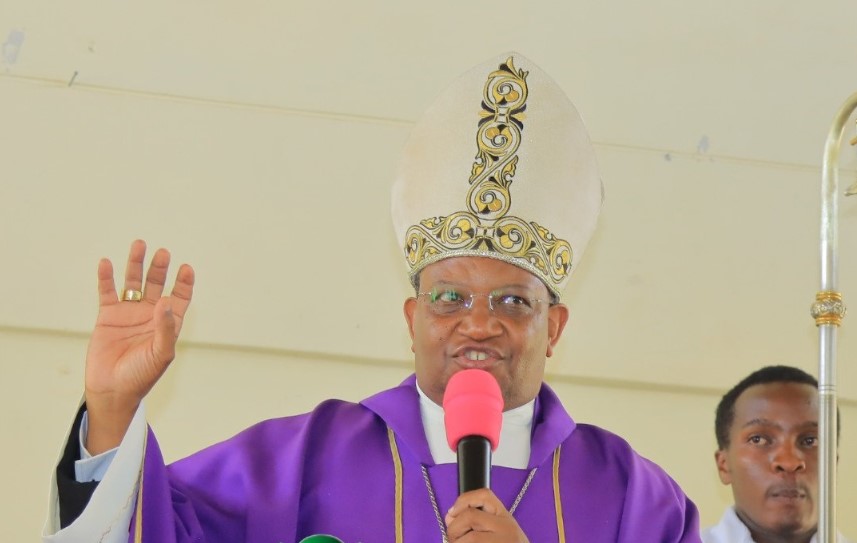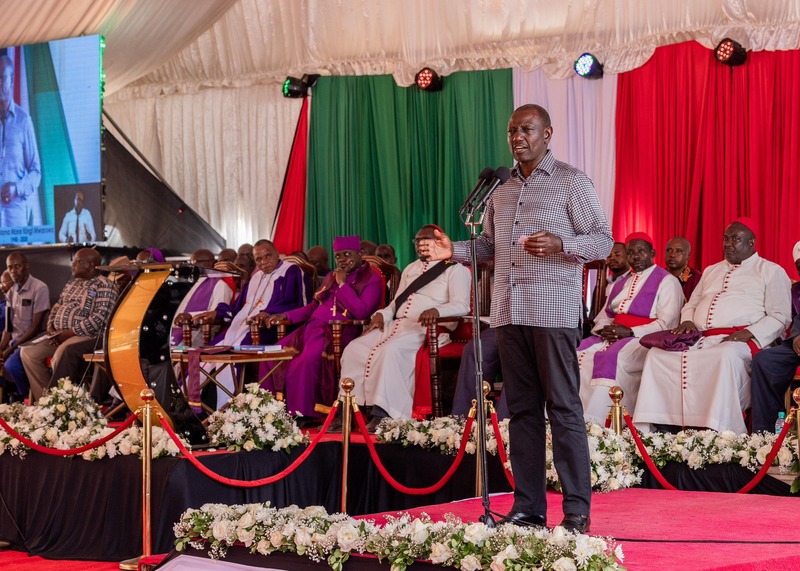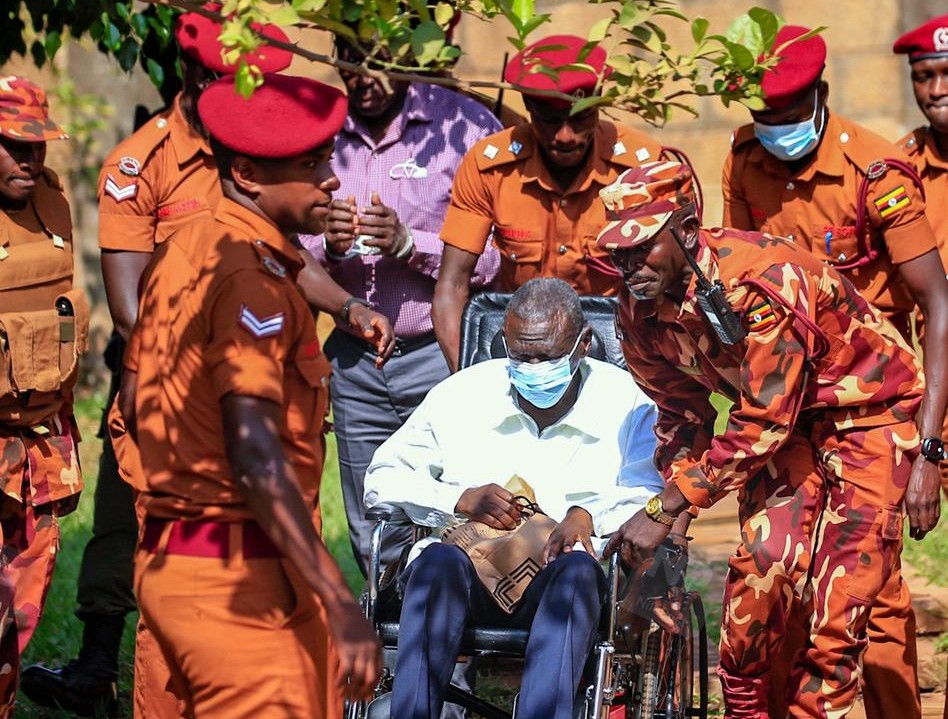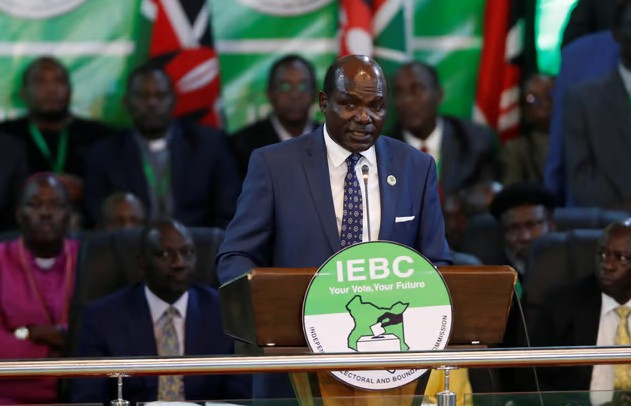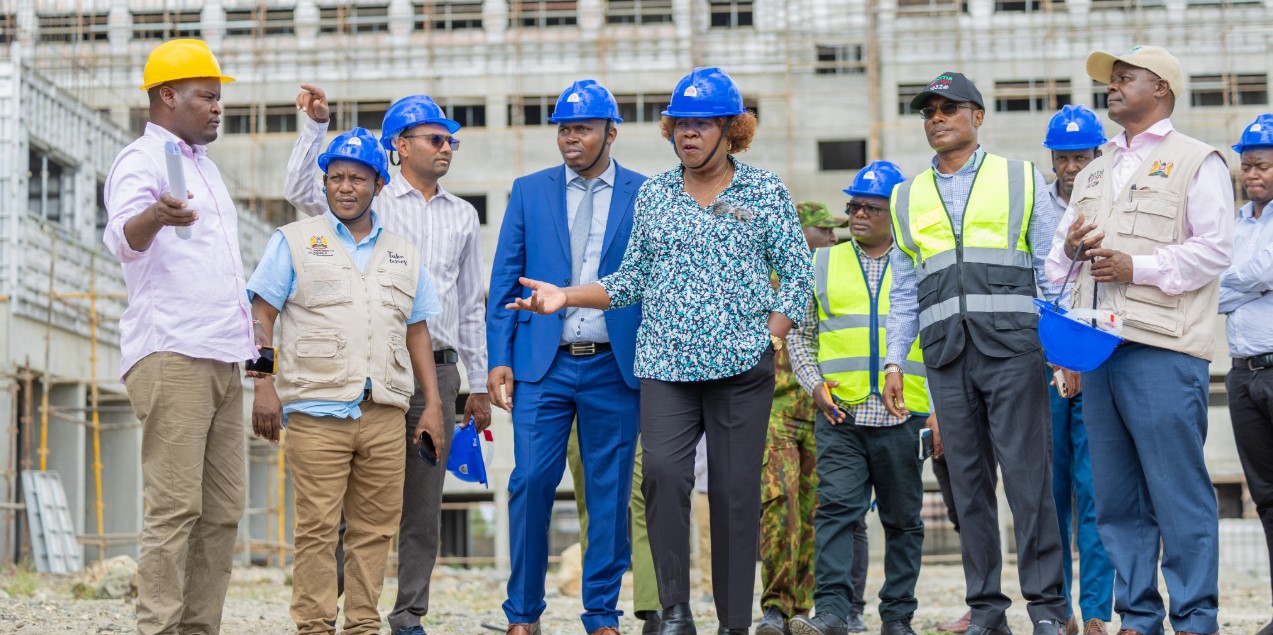Rwanda accuses DRC of attempting to undermine its global partnerships
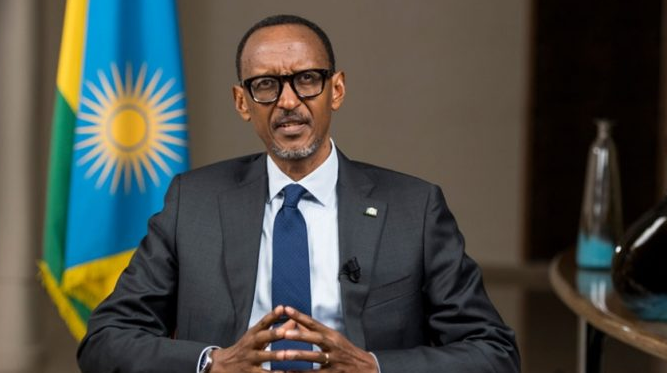
It dismissed attempts to politicise these collaborations, arguing that they bring significant socio-economic benefits such as job creation, sports infrastructure development, and talent nurturing.
The Rwandan Government has accused the Democratic Republic of Congo (DRC) of attempting to undermine its international partnerships through misinformation and political pressure.
According to Rwanda, these efforts distort the truth and threaten regional peace, stability, and economic cooperation.
More To Read
Rwanda defended its collaborations with global sports organisations, including Arsenal FC, FC Bayern Munich, Paris Saint-Germain, and the Basketball Africa League (BAL), stating that these partnerships are crucial for economic growth, tourism promotion, and community development.
“Sports has the power to unite communities and drive meaningful change,” the government said in a statement on Thursday, highlighting the Visit Rwanda initiative as a reflection of its commitment to peace, stability, and inclusive development.
It dismissed attempts to politicise these collaborations, arguing that they bring significant socio-economic benefits such as job creation, sports infrastructure development, and talent nurturing.
Addressing the ongoing conflict in eastern DRC, Rwanda attributed the crisis to internal governance failures, ethnic discrimination, and the presence of multiple illegal armed groups. It linked the M23 rebellion to long-standing demands from Congolese citizens for security and protection after years of systemic persecution.
Rwanda accused the DRC government of failing to protect its people, stating that “the unchecked presence of armed groups has left communities exposed to ethnic violence and exploitation.”
It further claimed that the Democratic Forces for the Liberation of Rwanda (FDLR) militia, which was responsible for the 1994 Genocide against the Tutsi, continues to pose a threat to Rwanda’s security with alleged backing from Kinshasa.
“The leadership of the DRC has escalated the situation by promoting hate speech against Congolese Rwandophones, calling for attacks on Rwanda, and advocating for the overthrow of its government,” the statement read in part.
Rwanda warned that these actions were exacerbating the crisis, leading to a significant refugee influx, with over 100,000 Congolese Tutsis currently seeking safety within its borders.
Despite these provocations, Rwanda asserted that it has exercised restraint, focusing on political dialogue and regional stability while ensuring the security of its borders.
Rwanda reiterated its commitment to peace and regional stability, dismissing allegations that it is exploiting minerals in the DRC. It described these claims as “unfounded and a distraction from the DRC’s own mismanagement of its mining sector.”
The country reaffirmed its belief that a political solution is the only viable path to resolving the crisis in eastern DRC.
“This conflict requires a political settlement that addresses the root causes, including violent ethnic extremism, illegal armed groups, and the safe return of refugees,” the government said, highlighting Rwanda’s support for an African-led mediation process.
Rwanda also highlighted its investments in infrastructure, human capital, and governance, which have made it one of Africa’s leading business and tourism destinations. The government expressed its willingness to continue fostering productive relationships with neighbouring countries, including the DRC, to promote stability and prosperity.
“We firmly believe in the transformational power of sports partnerships, which not only unite people across Africa but also promote social cohesion and economic
Top Stories Today
